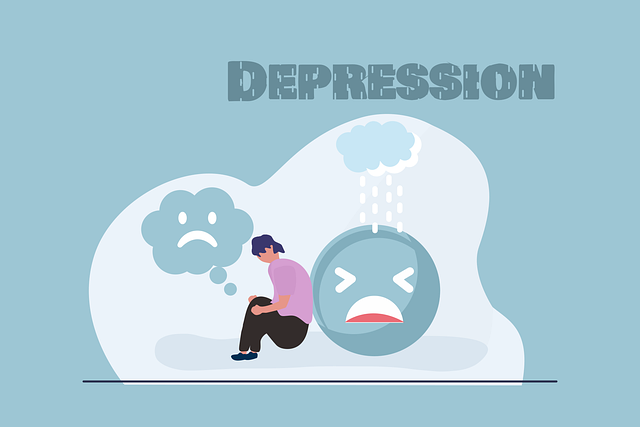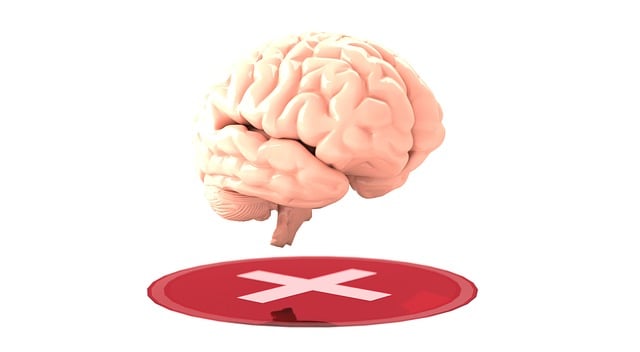Crisis Intervention Teams (CITs) play a vital role in supporting young adults with eating disorders, offering immediate crisis care and tailored evidence-based strategies. Integrating CIT guidance into healthcare protocols prevents burnout and promotes holistic recovery by addressing both physical health and mental resilience. Effective training for these interventions should include comprehensive education about eating disorders, early intervention strategies, emotional well-being promotion techniques, cultural competency, and focused communication. Interactive activities and peer discussions create safe spaces for open communication, while integrating therapy for young adults with eating disorders into the curriculum equips participants with risk management skills to proactively navigate triggers and maintain stability, ultimately empowering them to manage crises and promote long-term well-being.
Crisis intervention teams play a pivotal role in providing immediate support for young adults struggling with eating disorders. This article explores comprehensive training programs designed to equip professionals with the essential skills to navigate these crises effectively. We delve into the critical components of such training, offering insights on strategies and techniques tailored to engage young adult participants. By understanding the unique dynamics of eating disorder crises, healthcare providers can offer timely and targeted therapy for this vulnerable population.
- Understanding Crisis Intervention Teams and Their Role in Eating Disorders Treatment for Young Adults
- Key Components of Effective Crisis Intervention Team Training Programs
- Strategies and Techniques for Supporting Young Adult Participants in Crisis Intervention Training
Understanding Crisis Intervention Teams and Their Role in Eating Disorders Treatment for Young Adults

Crisis Intervention Teams (CITs) play a pivotal role in providing swift and effective support for young adults grappling with eating disorders. These specialized teams are designed to offer immediate assistance during crises, focusing on de-escalation and stabilizing individuals before they require more intensive treatment. In the context of therapy for young adults with eating disorders, CITs employ evidence-based strategies tailored to address the unique challenges these individuals face.
By integrating crisis intervention guidance into standard care protocols, healthcare providers can prevent burnout among both patients and themselves. Mind over matter principles, which encourage positive thinking and emotional regulation, are often central to the CIT approach. This holistic strategy ensures that young adults receive comprehensive support, fostering not just physical recovery but also mental resilience and a deeper understanding of their eating disorder’s triggers and coping mechanisms.
Key Components of Effective Crisis Intervention Team Training Programs

Effective crisis intervention team training programs for eating disorders among young adults must incorporate several key components to ensure success. Firstly, these programs should focus on providing comprehensive education about eating disorders, including their causes, symptoms, and risk factors. This knowledge base equips team members to recognize and respond appropriately during a crisis. Moreover, training should emphasize the importance of early intervention and highlight effective strategies for de-escalation and crisis resolution.
Incorporating emotional well-being promotion techniques is vital. Training should equip participants with skills to support the emotional resilience of young adults facing eating disorders. This includes teaching mindfulness, coping mechanisms, and trauma-informed care principles. Additionally, healthcare provider cultural competency training is essential to address the diverse needs of young people from various backgrounds. Equally important are exercises that enhance communication and teamwork among team members, ensuring seamless coordination in providing timely and effective Trauma Support Services.
Strategies and Techniques for Supporting Young Adult Participants in Crisis Intervention Training

Effective crisis intervention team training for young adults requires tailored strategies and techniques that address their unique needs and challenges. Young adults facing issues like eating disorders often struggle with emotional regulation, which can be a significant barrier to participation in such programs. Training facilitators should incorporate interactive activities and peer-led discussions to foster an environment of safety and support, encouraging open communication about mental health concerns.
Integrating therapy for young adults with eating disorders into crisis intervention training is crucial. This includes teaching participants risk management planning skills, enabling them to proactively navigate triggers and maintain stability. By combining education on mental health awareness with practical tools for emotional regulation, these programs can empower young adults to effectively manage crises and promote long-term well-being.
Crisis intervention team (CIT) training programs play a vital role in enhancing therapy for young adults suffering from eating disorders. By equipping professionals with essential skills, these programs foster effective support networks that can navigate and mitigate crises. Incorporating interactive strategies tailored to young adult participants ensures engagement and empowers them to actively contribute to their care. This holistic approach not only strengthens CIT preparedness but also improves outcomes for those facing the challenges of eating disorders in this age group.








